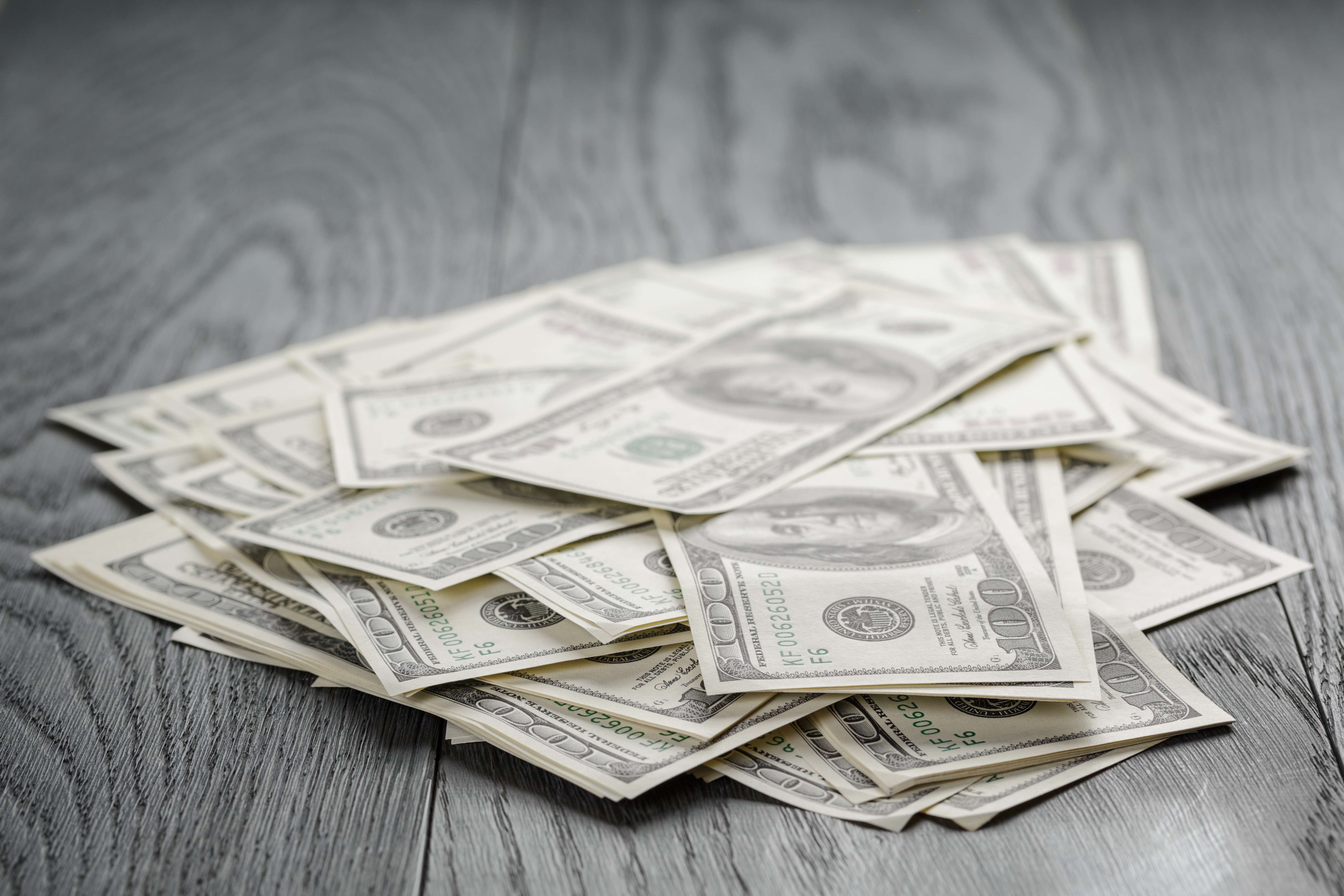.jpeg.aspx?lang=en-US&width=500&height=333)
How much is enough? Over the years, I’ve heard a lot of things from owner-operators. The ones that puzzle me the most are “I’m taking some time off to avoid going into the next tax bracket.” and “If I buy this item (or more commonly, these items), I can lower my taxes owed.”.
First of all, can you really make too much money? Personally, I never thought this was possible. Sure, you might enter a higher tax bracket, but you would still have more money left in the end, versus if you hadn’t earned the revenue in the first place. As for the higher tax bracket, only the revenue that reaches the next tax bracket level will be taxed at that level.
Reaching a new tax bracket does not subject all of your revenue to a higher rate. Go earn that revenue, pay the taxes, and enjoy the fruits of your labor! The taxman cometh, but not for all of it.
Secondly, why buy unnecessary items just to avoid taxes? Obviously, as a business owner, you want to get all the deductions to which you’re entitled, but spending money on frivolous, unnecessary items just to lessen your tax burden, makes less sense than to stop earning to avoid taxes.
If you’re in a 30% tax bracket and spend $10,000 on something you don’t need just for the deduction, you saved $3,000 in taxes and now have a useless widget. You could’ve just paid the $3,000 tax bill and retained $7,000 to be used for something useful later on.
Each of us has to decide how much is enough for our own lifestyle we wish to have. Be a good steward of your finances, and you’ll always have enough. Live below your means and avoid frivolity.
I challenge you to earn as much revenue as you are able in 2022, avoid wasteful spending, and achieve the comforts in life you seek.